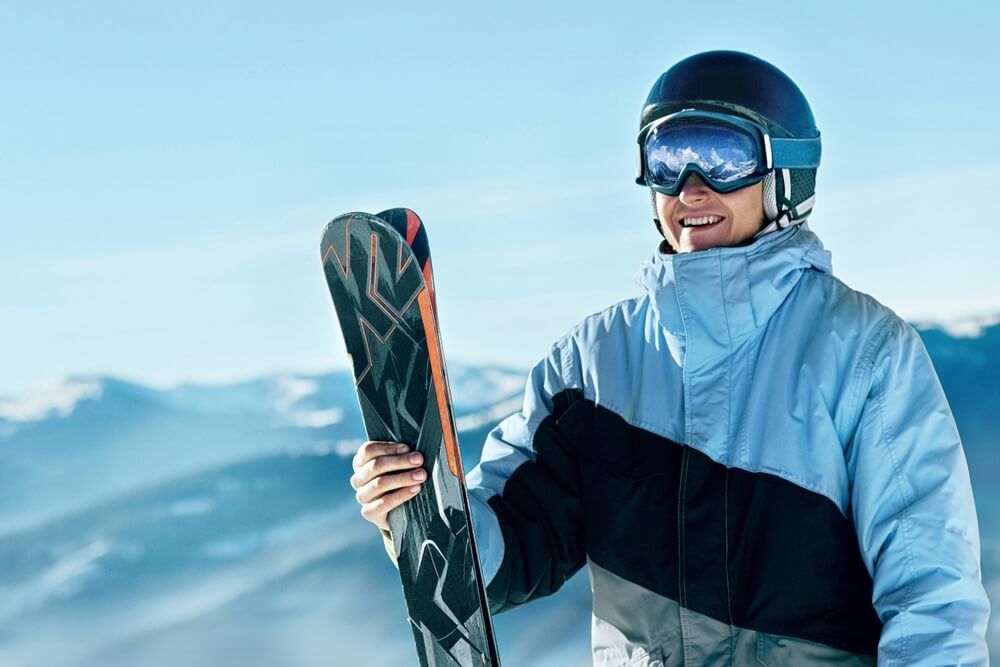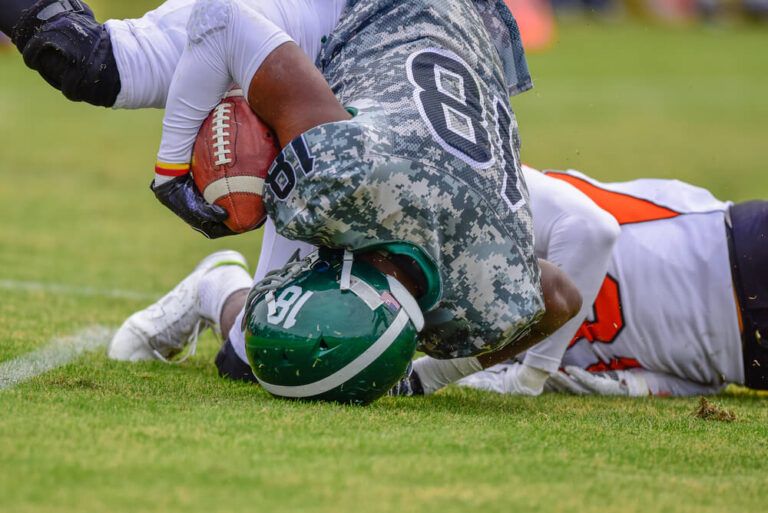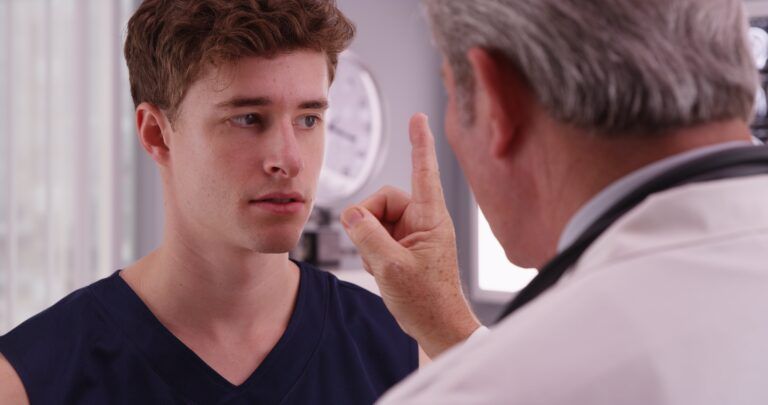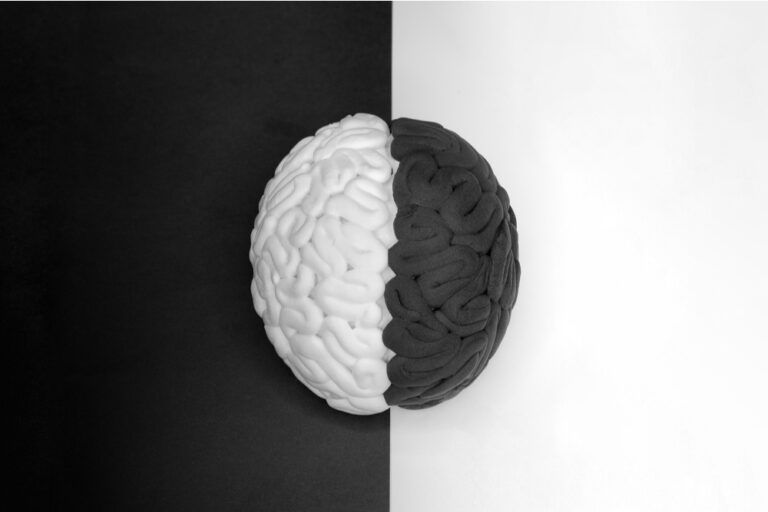As the mercury dips and landscapes transform into winter wonderlands, the allure of winter sports beckons. From the adrenaline rush of downhill skiing to the serene glide of ice skating, these activities offer a unique blend of excitement and beauty. However, the exhilarating charm of winter sports comes with its set of risks, particularly to one of our most vital organs—the brain. The stark reality of potential head injuries, including concussions, cannot be overlooked. But fear not, winter sports aficionados! With the right precautions, you can significantly reduce your risk of head injuries. Here are some top tips for keeping your head safe as you embark on your winter sports adventures.
- Gear Up with the Right Helmet
The cornerstone of head protection is a well-fitted helmet. Whether you’re skiing, snowboarding, or ice skating, wearing a helmet designed for the specific activity can be a game-changer. Look for helmets that meet current safety standards (such as ASTM or CE EN) to ensure optimal protection. Remember, a helmet should fit snugly without being uncomfortably tight, and always secure the chin strap. - Embrace the Art of Falling
Let’s face it, falls are part and parcel of winter sports. Learning how to fall correctly can significantly reduce the risk of serious injury. Try to avoid using your arms to break your fall, as this can lead to wrist injuries and inadvertently increase the impact to your head. Instead, aim to roll with the fall, allowing your body to absorb the impact more evenly. - Stay Within Your Comfort Zone
While pushing your limits can be exhilarating, it’s vital to stay within your skill level. Attempting maneuvers or tackling slopes that are beyond your current abilities can lead to loss of control and, subsequently, nasty spills. Take lessons, practice regularly, and gradually level up your skills. - Check Your Equipment
Before hitting the slopes or the ice, give your equipment a thorough check. Ensure that your gear is in good condition and properly adjusted to fit you. Faulty or ill-fitting equipment can increase the risk of accidents leading to head injuries. - Follow the Rules of the Slope (or Rink)
Every winter sport venue has its own set of rules designed to keep everyone safe. These might include designated areas for different skill levels, right-of-way rules, and speed limits. Familiarize yourself with these regulations and adhere to them. - Stay Alert
Be aware of your surroundings and other participants. Many collisions can be avoided by simply paying attention and yielding when necessary. Also, be mindful of environmental conditions. Ice patches, uneven terrain, and poor visibility can increase the risk of accidents. - Rest and Recover
Fatigue can impair your judgment, reaction time, and physical coordination, increasing the likelihood of accidents. Listen to your body, and don’t push through exhaustion. Ensure you’re well-rested before engaging in any winter sports activities. - Know When to Call It a Day
Conditions can change rapidly in winter sports environments, and what was safe in the morning may become hazardous by the afternoon. If you’re feeling off your game, or if the weather takes a turn for the worse, there’s no shame in calling it a day. The slopes and rinks will be there tomorrow.
By adhering to these tips, you can enjoy the thrill of winter sports while keeping your head well-protected. Remember, the goal is to have fun and stay safe, ensuring that the only memories you create are good ones. So, gear up, stay vigilant, and make this winter sports season your safest yet.

















